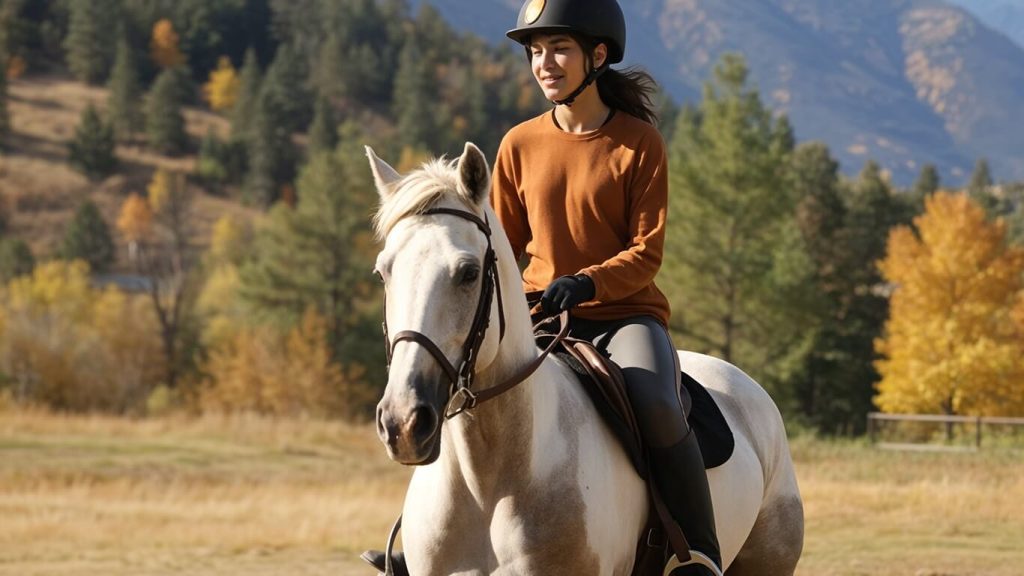Understanding horse behavior is the foundation of building a respectful and trusting relationship between rider and horse. Horses are highly intuitive animals that communicate through subtle body language, energy shifts, and environmental awareness. As a beginner, learning to observe their expressions, ear positions, posture, and movement patterns can help you respond with patience and empathy.
By understanding how horses think and react, you’ll be better equipped to handle common situations like grooming, saddling, and leading. With time, you’ll begin to sense not just how to ride your horse, but how to truly connect with it on an emotional and intuitive level — laying the groundwork for a confident and fulfilling journey ahead.
Sudden movements, loud noises, or inconsistent behavior from humans can easily trigger anxiety. That’s why calm, clear communication is essential. As you spend more time around horses, you’ll learn that trust is built not through force, but through consistency, kindness.
Many beginners overlook the fact that horses are prey animals, which means they are naturally alert and sensitive to their surroundings. Sudden movements, loud noises, or inconsistent behavior from humans can easily trigger anxiety. That’s why calm, clear communication is essential. As you spend more time around horses, you’ll learn that trust is built not through force, but through consistency,
Where every rider’s journey truly begins with care
UThat’s why calm, clear communication is essential. As you spend more time around horses, you’ll learn that trust is built not through force, but through consistency, kindness, and respect. The more you understand their natural instincts, the more rewarding and harmonious..
- Learn how to read your horse’s body language to build deeper trust and communication.
- Understand the natural instincts that shape a horse’s reactions, fears, and responses.
- Discover the impact of routine, patience, and positive reinforcement in everyday handling.
- Develop emotional awareness to connect with your horse beyond just riding skills.
- Master the basics of equine psychology to create a calm, respectful training environment.
Understanding your horse goes far beyond commands and cues — it’s about developing a relationship rooted in observation, respect, and emotional awareness. Every flick of the ear, shift in weight, or change in breathing holds meaning. As a beginner, taking the time to notice these subtle signals helps you respond in ways that comfort.

